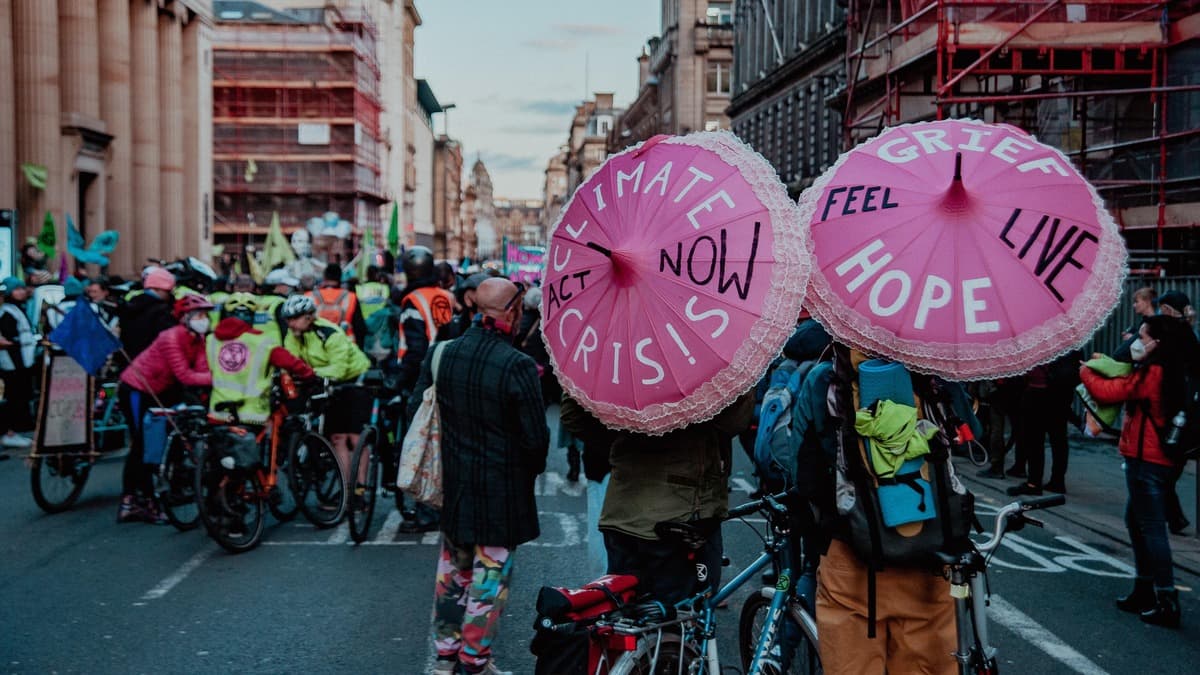Nearly 200 countries, including Australia, have opted to attend Cop 27, which is presently taking place in Egypt. The discussion topic is climate finance, which refers to all the money the parties will contribute to combatting climate change.
However, Australia hopes to co-host a UN climate meeting in four years. In recent weeks, the Albanese administration has joined a vow to cut world methane emissions (emitted during fossil fuel extraction and cattle burping) by 30 per cent by 2030.
According to some data, the amount of methane released by Australian mines is much greater than what is shown in the country’s national emissions statistics. Old-growth and main forests are still being cut down across the nation for logging and agricultural development.
After an uneventful start to COP27 from Australia, Minister Chris Bowen now has much more work to do. The Climate Council has issued a halfway assessment of Australia’s performance at the climate summit.
What announcements did Australia make during the opening week, and what else has to be done? An infographic from Australia’s independent climate science and solutions organisation, Climate Council, shows what work still needs to be done.
Nicki Hutley, Climate Councillor and leading Australian economist, noted, “Good climate policy is good economic policy. We know the costs of inaction are skyrocketing, and we know that making the most of Australia’s vast, untapped renewable energy potential is the path to Australia’s future economic prosperity, just as it is essential to protecting vulnerable communities in Australia, the Pacific and beyond.
“Governments have a critical role to play in unlocking the private investment needed to transform our energy system and in ensuring there is adequate and accessible support for those bearing the brunt of climate change impacts. However, we also need strong, transparent action from the business sector. The record level of business participation at COP27 is a welcome sign that the sector is stepping up its role.
“We saw the US last week at COP27 announce a raft of new strategic initiatives, including a new commitment of international finance for climate change adaptation, new ways to use public finance to unlock billions in private investment, and ensuring major US Government suppliers are required to set Paris-aligned emissions reductions goals. These are good examples of some of the many practical steps the Australian Government can take to start shifting more money towards climate solutions.”
Meanwhile, Joseph Sikulu, Pacific Regional Managing Director at 350.org, said: “Climate change is the single greatest threat to Pacific peoples. We need far more urgent progress than we have seen during this first week of COP27, and Australia needs to get serious about moving beyond coal and gas and addressing loss and damage from climate change.
“Communities from across the Pacific have come together and laid out our priorities in the Kioa Climate Emergency Declaration. If Australia is serious about being a good neighbour to the Pacific, and if it wants to co-host a future COP, then we urge the Australian Government to listen to Pacific voices, understand our reality, and support the actions needed to ensure our survival.
“Pacific communities are already facing permanent loss and damage from climate change. Rising seas are swallowing land and forcing communities from their ancestral homes. This must be the COP where governments establish a loss and damage finance facility and ensure that vulnerable communities can start accessing the support they need.”
The Climate Council is Australia’s leading community-funded climate change communications organisation.
For further information, go to: climatecouncil.org.au
Keep up to date with our stories on LinkedIn, Twitter, Facebook and Instagram.

